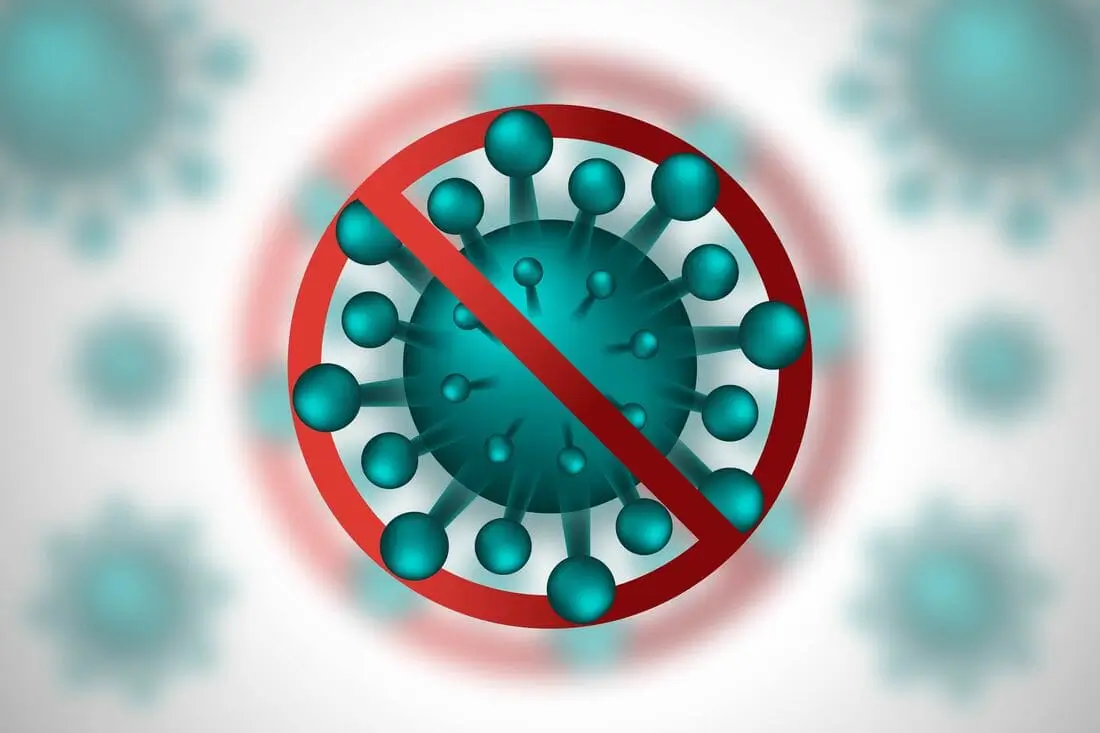- info@abiscans.com
- Coimbatore | Tiruppur | Pollachi | Palladam | Kochi
Seasonal Flu Symptoms: How to Recognize and Treat Them Early

Introduction
It may be the winter arc for you but it’s also the flu season. Millions are affected by the influenza virus during this time of the season. By knowing the symptoms it can be cured at an earlier stage and prevent getting sick. Let me get you prepared for this flu season with the help of information that will help you stay healthy.
Table of Contents
ToggleWhat Is Flu and How Do You Catch It?
The flu, or influenza, is a viral illness that affects the respiratory system and can cause symptoms like fever, chills, and more. It’s highly contagious, especially during winter months from October to May in the Northern Hemisphere, with cases peaking from December to February. You can catch the flu from droplets released when an infected person coughs or sneezes, or by touching surfaces contaminated with the virus and then touching your face.
Common Flu Symptoms to Watch For
Flu symptoms usually appear suddenly and can vary from mild to severe. Here’s what to expect:
- Fever and chills
- Body aches and headaches
- Sore throat and cough
- Runny or stuffy nose
- Extreme fatigue
- Nausea, diarrhea, or vomiting (more common in children)
If you or your child shows these symptoms, consider seeing a healthcare provider for an accurate diagnosis and treatment options.
How Long Will Flu Symptoms Last?
Flu symptoms typically last between a few days to two weeks. High fever and body aches often improve within a few days, while a lingering cough and fatigue can stick around longer. To avoid spreading the virus, stay home from work or school until you’ve been fever-free for at least 24 hours.
Flu vs. Common Cold: Know the Difference
Both the flu and the common cold share similar symptoms, like a runny nose, sore throat, and cough, but flu symptoms tend to be more intense and can lead to serious complications. While a cold may come on gradually, flu symptoms usually appear suddenly and can include severe fatigue, body aches, and high fever. If you’re unsure, a healthcare provider can run tests to confirm.
Who is at Higher Risk of Getting Flu?
Anyone can get the flu, but some groups are more at risk for severe illness. These include:
- People with chronic lung diseases like asthma or COPD
- Those with heart, liver, kidney, or immune system issues
- Pregnant women and adults over 65
- Young children under five
- People with obesity (BMI over 30)
- Residents in long-term care facilities
If you or a loved one falls into one of these categories, be extra cautious about exposure to the flu and consult a healthcare provider at the first signs of illness.
What are the Treatment Options?
For those at high risk or experiencing severe symptoms, antiviral medications may help. If taken within the first 48 hours, drugs like oseltamivir (Tamiflu®) and zanamivir (Relenza®) can reduce the severity and duration of symptoms. Consult your healthcare provider for the best option and dosage based on your health condition. Here are some other treatment options suggested by professionals,
- Rest and Hydration: Rest is crucial when fighting the flu. Staying hydrated with water, tea, or clear soups keeps you energized and assists the body in recovery.
- Over-the-counter Medications: Pain relievers such as acetaminophen or ibuprofen can help reduce fever and body aches. Nasal decongestants and cough syrups may also alleviate congestion and throat discomfort.
- Antiviral Medications: For individuals at higher risk of complications, antiviral medications like oseltamivir (Tamiflu) or zanamivir (Relenza) can be prescribed. These work best when taken within 48 hours of symptom onset.
- Home Remedies: In addition to medications, home remedies like gargling with salt water, using humidifiers, and consuming herbal teas with honey and ginger can naturally soothe flu symptoms.
How to Prevent Flu and Stay Healthy?
It’s always better to be prepared before you get affected by the Flu because no one would like to go through this pain. Here are some tips for you to prevent getting Flu and keep yourself healthy during this winter season. Preventing the flu starts with a few good habits:
- Get vaccinated: The flu vaccine is your best defence and is updated annually to target the most common strains.
- Practice good hygiene: Wash your hands with soap and water often, especially before eating or touching your face.
- Cover coughs and sneezes: Use a tissue or your elbow to prevent spreading germs.
- Avoid touching your face: This reduces the risk of bringing viruses to your mouth, nose, or eyes.
- Stay away from sick people: If someone around you has flu symptoms, keep your distance.
- Consider wearing a mask: If you’re sick or caring for someone who is, wearing a mask can prevent the spread of the virus.
Conclusion
Managing flu symptoms involves simple, effective steps that can make a real difference in recovery. Rest, hydration, and some over-the-counter medications go a long way in helping you feel better. Adding natural remedies, like salt water gargles or herbal teas, can also soothe discomfort. By taking these basic precautions and caring for yourself, you’re helping your body recover and keeping others safe from the flu as well.
Recent Posts
Keep Your Haemoglobin Levels in Check
Exploring the Types of Blood Sugar Tests for Diabetes
November 3, 2025
H3N2 Virus (Influenza A): Symptoms, Diagnosis, Treatment and Spread
October 8, 2025
Have Any Questions?
There is no Better Time than Now, Feel Free to contact us Today.
Categories
Exploring the Types of Blood Sugar Tests for Diabetes
Exploring the Types of Blood Sugar Tests for Diabetes Summary:Blood sugar testing is
H3N2 Virus (Influenza A): Symptoms, Diagnosis, Treatment and Spread
H3N2 Virus (Influenza A): Symptoms, Diagnosis, Treatment and Spread SummaryThe H3N2 virus, a
Importance of Regular Health Check-Ups for Healthy Life
Importance of Regular Health Check-Ups for Healthy Life SummaryRegular health checkups are vital




